#Amy Nicholson
Text

Currently Watching
LYNCH/OZ
Alexandre O. Philippe
USA, 2022
-
Hosts:
Amy Nicholson, Rodney Ascher, John Waters, Karyn Kusama, Justin Benson, Aaron Moorhead, David Lowery
#watching#The Criterion Channel#Alexandre O. Philippe#Judy Garland#Amy Nicholson#John Waters#The Wizard of Oz#David Lynch#Twin Peaks#2022
7 notes
·
View notes
Text
youtube
On an episode of the Unspooled movie podcast, film critic Amy Nicholson mentioned that Adam West played a James Bond parody in a Nestle Quik commercial, and that deadpan delivery with a touch of mischief led to him being cast as Batman.
#adam west#nestle quik#tv commercial#1960s#james bond#60s tv commercials#batman#batman 1966#comedy#unspooled#amy nicholson#paul scheer#podcast#movie podcast#Youtube
8 notes
·
View notes
Text
youtube
NEW ep!! Heather Drain, JPO, Schlock & Awe Films, Amy Nicholson, Billy Ocean & a bunch of other art & anti-art shit. Peanut Arbuckle even has a cameo! Also, we're making a sleazy feature for a couple grand, so here's your chance to become a thousandaire!
#mondo heaather#heather drain#Juan prophet organization#Amy Nicholson#Peanut Arbuckle#Billy Ocean#independent filmmaking#I shouldn't post this#art vlog
0 notes
Text
LYNCH/OZ:
Video essays
Wizard’s influence on film
Sneaks in Lynch movies
youtube
#lynch/oz#random richards#poem#haiku#poetry#haiku poem#poets on tumblr#haiku poetry#haiku form#poetic#documentary#criterion collection#criterion channel#the wizard of oz#david lynch#Amy Nicholson#Rodney ascher#john waters#karyn kusama#justin benson#aaron moorhead#david lowery#Alexandre o. Philippe#Youtube
0 notes
Text
My Top Ten favorite podcasts
I’ve mentioned it before, but when I game I have a habit of listening to podcasts. It’s something that took place during the pandemic and is now touted into a lot of my routines (even if I’m not gaming). Here’s what I like to listen to:
*recommend some good ones for me at the end!*
1) The Big Picture
One of my first podcasts, The Big Picture is hosted by The Ringer network and features Sean…

View On WordPress
#Adam Devine#Amy Nicholson#Armchair Expert#Bert Kreischer#Bertcast#Conan O&039;Brian#Conan o&039;brian needs a friend#Dax Shepard#Favorite#horror#How did this get made?#letterboxd#Movies!!!!#Paul Scheer#Podcast#Podcasts#Something&039;s Burning#The Big Picture#The Bill Simmons Podcast#The Letterboxd Show#the machine#The Ringer#This is important#Top Ten#Top Ten Podcasts#Trevor Noah#Unspooled#What Now? with Trevor Noah
0 notes
Link
We hope you’re in the mood to start 2023 with the shining gem that is Amy Nicholson, who in addition to being a New York Times and Variety Film Critic also happens to have a fabulous podcast — Unspooled — with Mr. Paul Scheer. Ring in the New Year with JV, Amy, Rhett, Danny, and Jimmy strolling on the San Antonio River Walk.
Download audio
How to listen to The JV Club with Janet Varney
Apple Podcasts | RSS | Pocket Casts | Stitcher | Overcast | Google Podcasts | Spotify
0 notes
Text
Fantastic Fest 2022 Reviews!
Virtual film festivals are a godsend. After chasing this down over the course of a couple I was thrilled to finally get to dive into the documentary that explores David Lynch's relationship to The Wizard of Oz and the impact that connection has had on his work. Fantastical, horrifying, and heartfelt as the man himself.
#daily grindhouse#david lynch#the wizard of oz#lynch/oz#fantastic fest#documentary#film festival#film review#aaron moorhead#Amy nicholson#blue velvet#john waters#judy garland#twin peaks#justin benson#karyn kusama#mulholland drive#lost highway#Rodney Ascher#victor fleming#wild at heart#film
0 notes
Text
अच्छी-भली नौकरी छोड़ खानाबदोश बन गई महिला, वैन लेकर घूम रही है दुनिया !
अच्छी-भली नौकरी छोड़ खानाबदोश बन गई महिला, वैन लेकर घूम रही है दुनिया !
उन्होंने वैन हाउस में 3 खिड़कियां बना रखी हैं, ताकि प्रॉपर वेंटिलेशन और दिन-रात की रोशनी आ सके. वैन में एमी ने सोलर पावर प्लांट लगा रखा है, जिसके चलते पूरी वैन में इलेक्ट्रिक सिस्टम काम करता है.
Source link
View On WordPress
#ajab gazab#ajeebogarib#amazing news#Amy Nicholson#Bizarre News#hatke news#Interesting News#khabar hatke#Most Searched Story#Most Weird news in hindi#Odd News#offbeat news#Pictures of vanlife#strange news#trending#trending news#Vanlife#viral#Viral News#Viral On Internet#Viral On Social Media#weird news#Weird Story#Woman Adopted Vanlife Ditching Job#world news#world news in hindi#zara hatke#अजब-गजब#अजीबोगरीब#खबर हटके
0 notes
Text
"Watching [Love Actually] is like entering a fugue state where you disappear back into the mindset of 2003." - Amy Nicholson on Unspooled
1 note
·
View note
Text
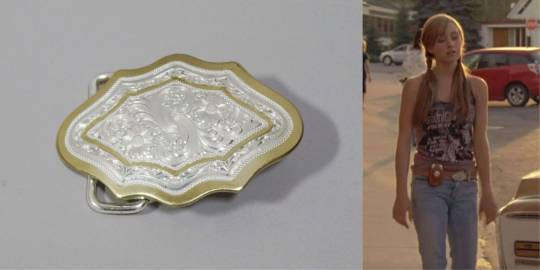
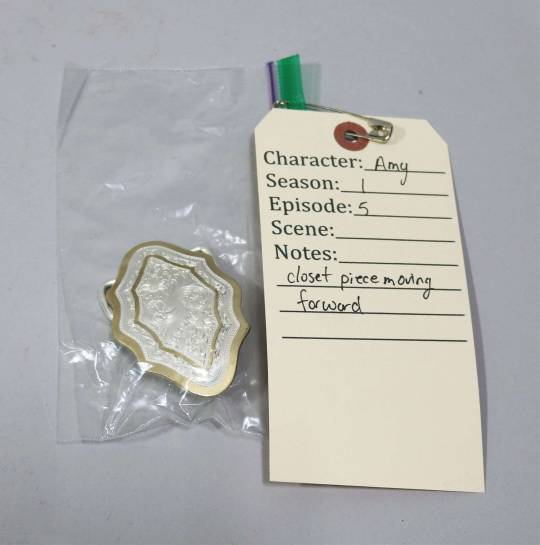

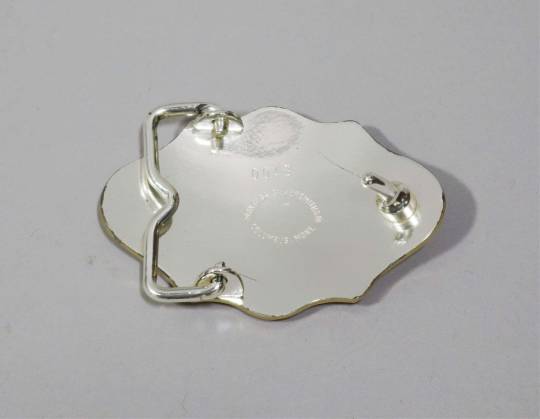
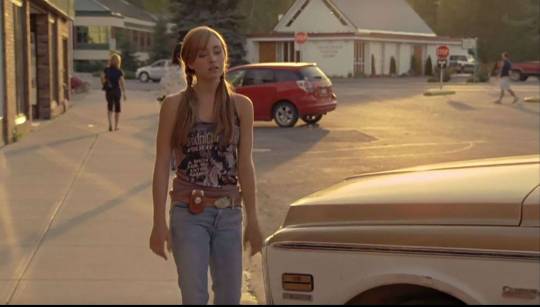



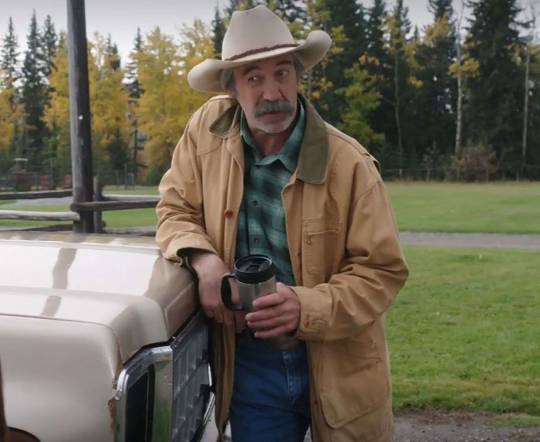






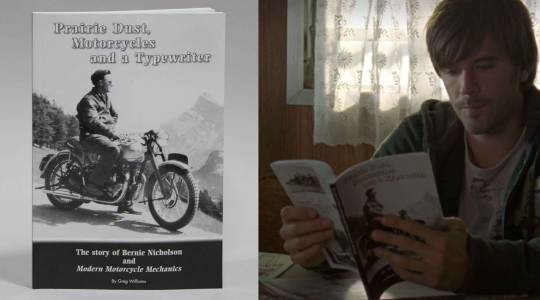
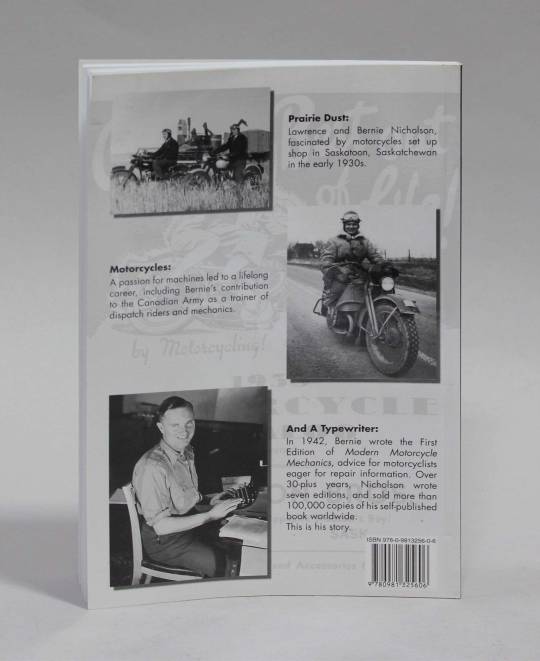

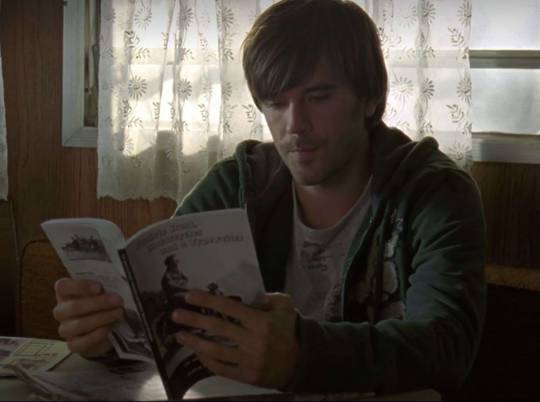

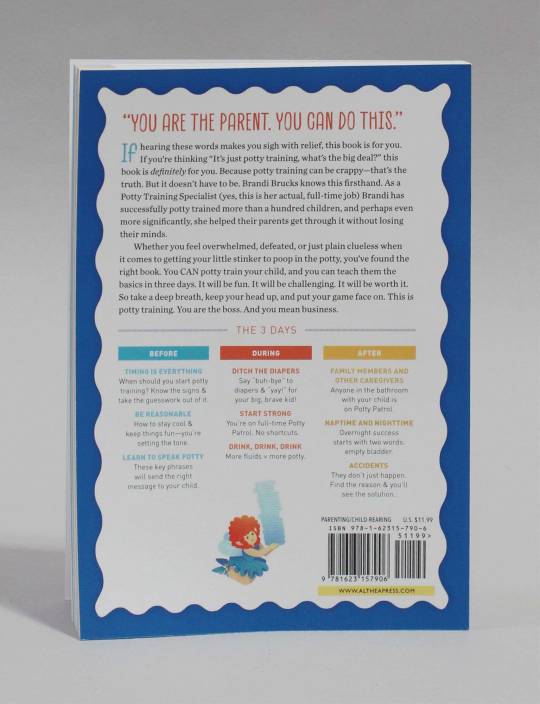
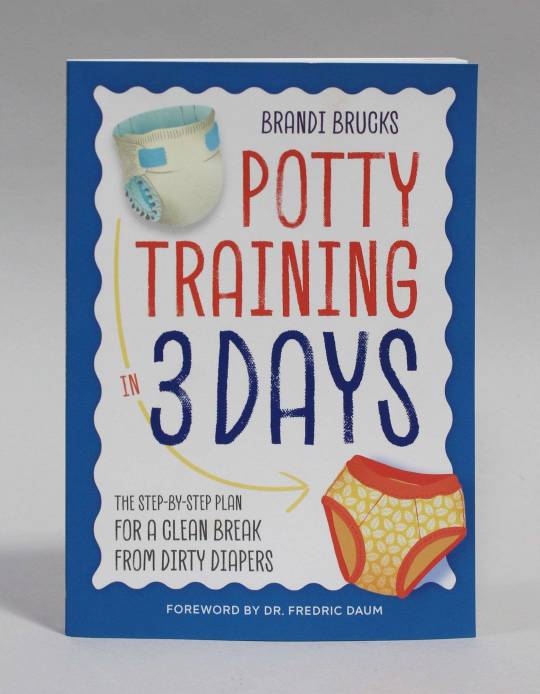



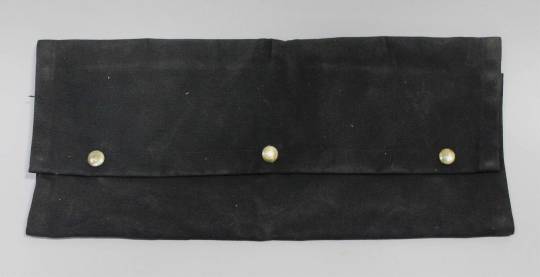
Misc props from the Heartland Auction
#heartland#prop#buckle#amy fleming#amber marshall#season 1#1x05#travel mug#season 8#8x11#book#motorcycle mechanics book#season 4#4x13#prairie dust motorcycles and a typewriter#the story of bernie nicholson and modern motorcycle mechanics#greg williams#season 12#12x05#potty training#potty training in 3 days#jade virani#madison cheeatow#ty borden#gw#lyndy borden#set chair backing#camp heartland#maggies#chair
2 notes
·
View notes
Text
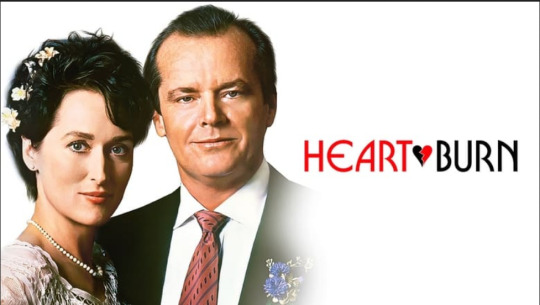

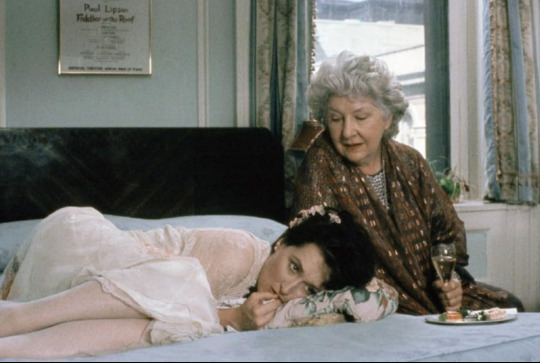
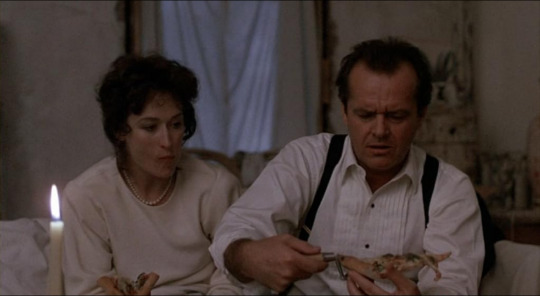
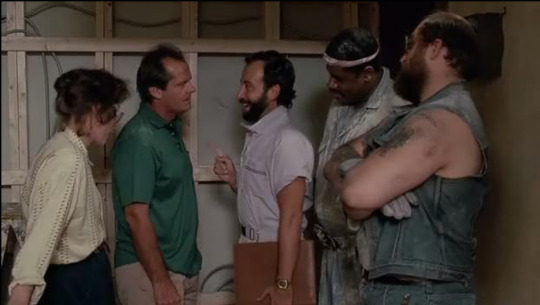

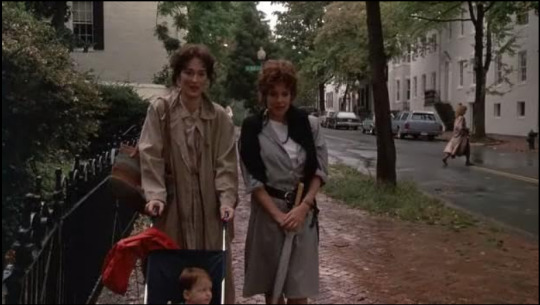

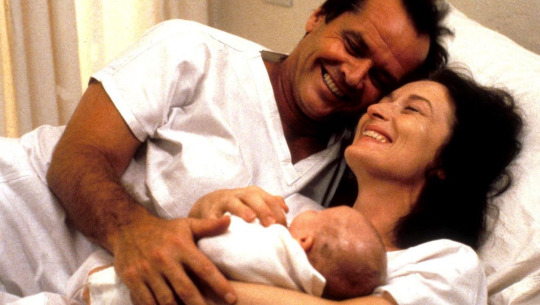


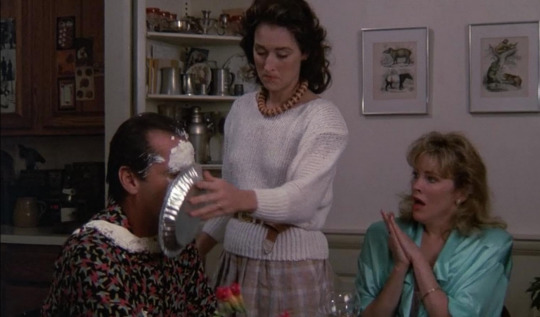
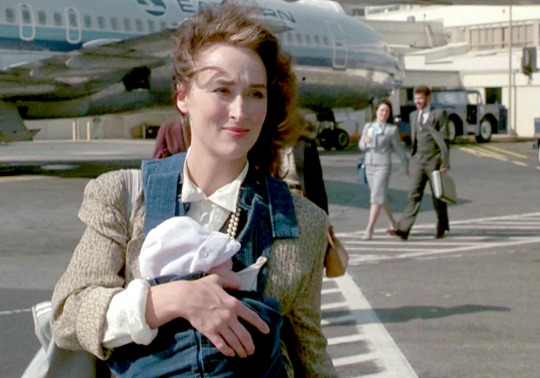
Season 1, Episode 1 | HEARTBURN (1986)
Join Gabby and Amy as they discuss the 1986 film Heartburn. Nora Ephron's autobiographical account of her marriage to and acrimonious separation from Carl Bernstein was not well received upon its release. But in the 35 years since its release it has enjoyed a reappraisal and become a chick flick cult classic. Does it deserve this reputation or were the critics right the first time? Gabby and Amy have thoughts.
https://chickflicks.libsyn.com/heartburn
#chick flicks with gabby & amy#chick flicks#chick flick#heartburn#80s movies#80s nostalgia#meryl streep#jack nicholson#mike nichols#nora ephron
4 notes
·
View notes
Note
Amanda! The Lisa Ann walters tom cruise story on Lovett or leave it today was an perfect amalgamation of things I associate with you. Hope you enjoyed it
i haven’t listened to it yet but first of all i love lisa ann walters with my whole heart she was foundational To Me growing up and is so so good on abbot but i think i know what the story is already because i’m insane but this is exactly the intersection of my interests AND amy nicholson is on the episode so i literally cannot lose i used to dream of days like this
10 notes
·
View notes
Photo
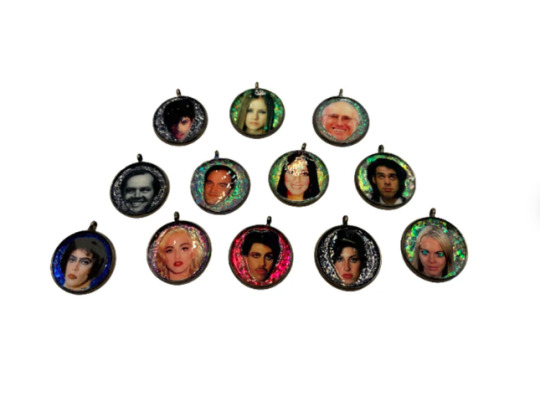
Handmade necklace FAN ART
💖Discount in my Etsy shop💖
#necklace#handmade#glitter#etsy#shop#fan art#The Rocky Horror Picture Show#madonna#Pedro Almodovar#Amy Winehouse#lidsay lohan#Nick Cave#cher#Quentin Tarantino#jack nicholson#prince#Larry David#avril lavigne
3 notes
·
View notes
Text
It's About Time
THE TIME MACHINE
Park Theatre, London, 14th December 2023
Rehearsals for a provincial tour of The Importance of Being Earnest are interrupted when one of the trio of actors, purporting to be a descendant of H.G. Wells unearths an original manuscript for the famous sci-fi novel and suggests they stage that instead. And so, Wells’s classic becomes a play-within-a-play as the cast explore popular…

View On WordPress
#Amy Revelle#Dave Hearn#Finsbury Park#H G Wells#John Nicholson#London#Michael Dylan#Orla O&039;Loughlin#Park Theatre#review#Steven Canny#The Time Machine
0 notes
Text
While this article does not answer my #1 burning question of how you dismount from a speeding sandworm, there are a lot of great pull quotes, including:
On Paul and Chani:
"...I wanted to make sure the audience will understand that Paul becomes a dark figure, that his choices are exactly what Chani was afraid of. He becomes the colonizers the Fremen were fighting against.... He betrayed her in many ways. But the big thing for Chani is that it’s not about love. It’s about the fact that he becomes the figure that will keep the Fremen in their mental jail. A leader that is not there to free the Fremen, but to control them."
On the duel between Paul and Feyd-Rautha:
"...we approached their fight at the end like some kind of symbolic union. The way their bodies get close to one another, there’s something animalistic, an intimacy, I was looking for."
On the infamous popcorn bucket:
"I’m at peace with the bucket."
Full article text under the cut, including Fremen sex lives, murder toddler adaptation choices, and the teeny tiniest of teasers for Dune Messiah:
Denis Villeneuve Answers All Your Questions About ‘Dune: Part Two’
He explains why Lady Jessica’s face is so heavily tattooed, whether Paul considers himself the Messiah and what he thinks of those Javier Bardem memes.
By Amy Nicholson
April 17, 2024
This weekend, “Dune: Part Two” muscles back into IMAX theaters with the verve of Timothée Chalamet rodeo-riding a giant sandworm. After nearly two months in theaters, the film is the current champion of this year’s box office race, with a total take of more than $680 million. (It’s also available to rent or buy on some streaming platforms.) The film’s success is thanks in part to audiences that have returned over and over to get lost in the rocky warrens and spiritual reckonings of the planet Arrakis. One admirer reports he’s seen the movie 25 times to date.
That there’s so much to explore in “Dune: Part Two” is a credit to its writer and director, Denis Villeneuve, who boldly reshaped Frank Herbert’s complex and cerebral 1965 novel “Dune.” Villeneuve split the book and its themes into two films: “Dune: Part One,” released in 2021, focused on the political struggles between two families, the Atreides and the Harkonnens. “Part Two” delves into religious fervor as the two surviving Atreides, young Paul (Chalamet) and his mother, Lady Jessica (Rebecca Ferguson), ingratiate themselves with Arrakis’s Indigenous desert tribe, the Fremen, by allowing the locals to believe that Paul is their Messiah — a prophecy that, if it comes to pass, will mean the slaughter of billions of victims across the galaxy.
Villeneuve has yearned to tell this story since he was a teenager in Quebec. His devotion is palpable; every frame feels steeped in monkish contemplation. Yet, he’s also a visual dramatist who doesn’t want audiences to get tripped up by too much exposition. His scripts give only passing mention to core concepts like spice, a psychedelic dust that powers everything from space travel to Paul’s clairvoyant hallucinations.
Though Villeneuve doesn’t want to overexplain, he was willing to provide some answers in an interview via video where every question about the film — even silly questions! — was on the table.
Does Chalamet’s Paul Atreides actually believe he’s the Messiah? What’s the meaning of Jessica’s face tattoos? Villeneuve also got into the erotic lives of his desert dwellers and the extra narrative weight he threw behind Paul’s Fremen love interest, Chani, played by Zendaya. As Villeneuve said with a grin, “Chani is my secret weapon.”
Here are edited excerpts from our conversation.
The last time we spoke, you weren’t sure what to make of the sandworm-shaped “Dune” popcorn bucket. It went on to be so popular that it sold out in cities before opening day and is being resold online for around $175. What do you think of it now?
I thought that the bucket was an insane marketing idea. I laughed so much. It is so out there. I don’t know who designed it, but they’re a bit of a genius. I’m at peace with the bucket.
In this film, Javier Bardem’s character Stilgar is reduced to a guileless follower of Paul Atreides, who Stilgar believes is the new Messiah. His conversion is tragic. But also, Bardem’s awe-face has become a funny meme, and the second time I saw the movie, people laughed at almost every line he spoke. Did that reaction surprise you?
No. I am very happy when you say that he is a tragic figure. For me, he is the most tragic figure of all. The idea to bring humor to Stilgar was to make him lovable, to feel the humanity in that character. He’s not an austere figure, he has a big heart. But his beliefs, his faith, his reactions bring humor — and that is something I love about making a sci-fi film, because I can talk about that without offending people because it’s a fake religion. I designed all the prayers myself, so I know it’s fake. I find Stilgar very funny. And when people laugh, I’m happy because that was the intention.
Someone makes a dig that Stilgar has found a savior again. This is not even his first time?
All his life he has been raised with that dream. So I suggest that every time a guy comes from outside with a lot of charisma, he hopes he’s found him. Like in the Bible, we have tons of prophets before Jesus came.
The arc of “Dune: Part Two” is Paul accepting that he must become the Messiah — and get billions of people killed. Does he truly believe that he is the Messiah? Or does he just decide to let the Fremen believe that he is?
I don’t think he believes that he is the Messiah. I think he feels the burden of the heritage that the Bene Gesserit [the mystical sisterhood that Jessica belongs to] have laid among the Fremen, and he sees the potential to use that religious power to survive.
Paul is warned that no man can survive drinking the spiritual water of life. But as that’s part of the lore of a planet seeded with manipulative propaganda by his own mother, I have to ask: Have other men actually been drinking the water and dying? Have they been scared off from trying? Is the warning just a setup for a magic trick?
There are people that have tried it in the past and died. In Frank Herbert’s world, femininity is a power. I think Herbert was fascinated by motherhood, by the power of creation. I love this idea that the power is held by women. It’s something that was ahead of his time when he wrote it and I tried to put the focus on it.
You say so much with Jessica’s costuming. In the first film, her look is immaculate and baroque. This film begins with her in rags, but she finds another path to being dressed and treated like royalty. And she gets a lot of tattoos on her face. Why did she get so many more face tattoos than the outgoing reverend mother?
She’s trying to play on the symbolism that was put in the prophecy. She’s supposed to be the mother of the Messiah, so I wanted to bring the idea that she was like the pope of the reverend mothers on Arrakis. There’s some kind of madness in writing elements of the prophecies on her face. Frankly, I think when you drink the worm poison, it affects your sanity — and the same with Paul. I like the idea that we feel she’s going too far.
Jessica is already pregnant when the first movie ends, and she’s still pregnant at the end of this film. Which means you had to condense this massive story into less than nine months because her body is a time clock.
The idea was to compress the book so that Paul will feel the pressure to get the Fremens’ trust, to start gearing up — but not to succeed, not to have the time to create a real war. Time is against him.
Because in the book, this takes years. Long enough for Jessica to give birth to a very unnerving daughter, Alia. We glimpse Alia as an adult — she’s played by Anya Taylor-Joy — but you skipped over seeing her murder people as a toddler. Was it hard to decide no “murder toddler”?
I think pregnant women look tremendously powerful. To use that power was very exciting. And usually when you see a pregnant woman onscreen, she’s always giving birth. To avoid that moment, to stay in the state of being pregnant, I thought was very Frank Herbert-like. I was going away from the killer toddler, but I thought that was more fresh and original. Honestly, it’s one of the things that I’m proudest of in the adaptation.
Speaking of female power, let’s talk about Chani.
Chani is my secret weapon. Frank Herbert was sad to realize that people saw the book as a celebration of Paul Atreides. He wanted to do a cautionary tale against messianic figures, a warning against blending religion and politics. I wrote the second movie trying to be more faithful to Frank Herbert’s intentions than to the book. In the book, Chani is just a follower. I came up with the idea of her being reluctant. She gives us the critical distance and perspective on Paul’s journey. I wanted to make sure the audience will understand that Paul becomes a dark figure, that his choices are exactly what Chani was afraid of. He becomes the colonizers the Fremen were fighting against. And then the movie becomes the cautionary tale Frank Herbert was wishing for.
Paul makes a choice at the end that will go on to kill billions of people. That’s so large and theoretical that it’s hard to grasp. But you structure your climax so that in that moment of betrayal, he’s also betraying the love of his life — a betrayal we understand.
He betrayed her in many ways. But the big thing for Chani is that it’s not about love. It’s about the fact that he becomes the figure that will keep the Fremen in their mental jail. A leader that is not there to free the Fremen, but to control them. That’s the tragedy of all tragedies. Like the Michael Corleone of sci-fi, he becomes what he wanted to avoid. And he will try to find a way to save his soul in the third part.
But “Dune Messiah,” the book your third film is based on, picks up 12 years later with a reunited Paul and Chani. How far did you feel you could push her anger? Because at some point, she’s going to have to forgive him.
That anger is tremendous. I don’t want to reveal what I’m going to do with the third movie. I know exactly what to do. I’m writing it right now. But there’s a lot of firepower there and I’m very excited about that decision.
In the spirit of no dumb questions, Chani says that Paul sand-walks like a drunk lizard. Which means Arrakis has booze?
Actually, there is spice beer. In the book, there are Fremen parties, even some orgies involving spice. I didn’t bring that into the movies because it’s PG-13.
Body fluids have significance to the Fremen. Spitting is the giving of water, a sign of respect. But tears and vomit are a waste. So what is kissing?
As long as you don’t lose your humidity, you can kiss. It’s an exchange of fluids — an act of love, when you think about it. Fremens love to kiss.
What about the, um, other romantic fluids?
You cannot have sex outside, for sure. But they are very sexual. I suspect that all sexual intercourse happens in environments that are protected from losing moisture. When they are in their sietches [or caves] underground, those are sealed. You don’t need to wear stillsuits inside them. We can deduce from that there is no problem to have sex in a sietch.
By the way, who decided that Fremen was pronounced Freh-men and not Free-men?
All the pronunciations, I took them from recordings of Frank Herbert’s voice. Frank Herbert used “Freh-men,” which I love. It makes it less on-the-nose.
You kept two major characters out of the first movie and only introduced them now: the princess Irulan, played by Florence Pugh, and the Baron Harkonnen’s nephew Feyd-Rautha, played by Austin Butler. The princess is the first voice in the books, the first face onscreen in David Lynch’s “Dune” [1984]. What made you sure holding them back was the right move, despite three years of fans asking, “Hey, where are they?”
When people ask me what was the biggest challenge in making those movies, it’s writing them. In order to make this adaptation, we have to make big, bold decisions. One was that the first movie should be seen from Paul’s perspective. I wasn’t able to do that entirely because I had to go to the Harkonnens’ side to introduce them so that the story will be clear, but I tried to find an elegant simplicity in the story structure. And I wanted, frankly, to keep some firepower for the second movie.
Why is Feyd-Rautha’s gladiator scene in black and white? And what are the splats in the sky above the dome?
Frank Herbert explores the impact of ecosystems on cultures, on humans. How it influences the way we evolve — our biology, culture, technology, mythology, religion. The psychology of a tribe is linked with their environment. If you want to know things about the Fremen, you observe the desert. I wanted to have the same approach to the Harkonnens. They killed nature. It’s a plastic planet. One thing left was sunlight, but instead of a sun that reveals color, it kills colors. When you are outside, it’s all black and white. It gives us ideas about how these people perceive reality, politics, violence in a binary world — it brings the idea of fascism. It also gave me the opportunity to bring images that remind us in our memories of World War II and the Nazi regime. So it’s an idea that I had as I was writing. Then I had the idea to have strange fireworks in the sky that will look like Rorschach drawings. It’s a nightmarish celebration. The perception of a dome is not accurate. It’s just that the fireworks reach a certain altitude and then they explode. But it’s true that it looks like a liquid that falls from the sky.
Forgive me if I am not being fair to sadistic, psychopathic Feyd-Rautha. But all of the gladiators were supposed to be drugged for his happy birthday massacre. The one who secretly isn’t puts up a worthy battle. So I assumed that Feyd-Rautha isn’t that great of a fighter. But at the end, he’s the only warrior who is Paul’s equal?
It’s a show. You see that the Harkonnens are very cruel and their society is very paranoiac. His opponent is known in the books as one of the great fighters, Lieutenant Lanville. I tried to show that Feyd is excited to have a real opponent. He has a code of honor, he respects the effort, and he has fun with it. That’s the idea I tried to convey — he’s not a coward.
Audiences might remember that the Bene Gesserit wanted Jessica’s child to be a girl, that Timothée Chalamet’s Paul Atreides was supposed to be female. And they specifically bred Feyd-Rautha to be a male. Were they hoping these youngsters would mate?
Yeah. They are trying to increase the potential of humanity by breeding the best specimen of each tribe or family. A baby between Feyd-Rautha and an Atreides daughter would have brought peace between Harkonnens and the Atreides, and created an über being.
Will you read any of the internet fan fiction spawned by the idea of Timothée and Austin hooking up?
[Laughs] But you know, we approached their fight at the end like some kind of symbolic union. The way their bodies get close to one another, there’s something animalistic, an intimacy, I was looking for.
I rewatched the first film again recently. It opens with a quote in another language: “Dreams are messages from the deep.” I love that quote. It feels like how a film resonates, too. But it wasn’t until I had subtitles on at home that I realized who said it. Of all the important characters and cultures to establish, you gave that major moment — the very beginning of your franchise — to an anonymous Sardaukar from the murderous imperial army that we’re cheering to see get killed. Why?
I love your question. The Sardaukar are the dark side of the Fremen. I thought it would be interesting to have a tiny bit of insight that they are not just tremendous warriors, but they have spirituality, philosophical thought. They have substance. Also, their sound was designed by Hans Zimmer. I absolutely loved how it feels like it’s coming from the deep, from the ancient world. Frank Herbert said beginnings are very delicate times. By starting with a Sardaukar priest, I was indicating to the fans that I was taking absolute freedom with this adaptation, that I was hijacking the book.
But you also deeply love the book. So when you make these bold changes, do you feel like asking Frank Herbert for forgiveness?
Yes. There’s so many darlings that you kill. An adaptation is an act of violence.
#dune#dune part two#denis villeneuve#paul atreides#chani kynes#as usual i think he gives frank herbert way too much credit when it comes to writing female characters#agree to disagree on that one denis
74 notes
·
View notes
Note
I saw your post about the Wish film and saw a quote that made me think about it. Amy Nicholson from New York Times is the one who said it: "-Can Asha, a humanist, convince the islanders to reject the man in the embroidered robe who preaches that he alone is a conduit for miracles?" and once I read that quote I know I'll never be able to watch the film without feeling yucky.
Hmm. I guess that's a pretty accurate way to phrase it! Asha's views do line up with humanism and Magnifico is wearing a robe and constantly saying "I decide!" about which Wishes get granted.
I hesitate to say the movie's argument against Christianity was direct, but it's a pretty sad coincidence if not. At least it's not ferociously attacking God quite as directly as Steven Universe did; but, like lots of movies nowadays, it could be doing what's fashionable and criticizing "organized religion." 🤷♀️
“If the world hates you, know that it has hated Me before it hated you." That's John 15:18. It might be sad that it's Disney this time, but remember, we've seen it all before, it's just part of the usual song and dance.

27 notes
·
View notes